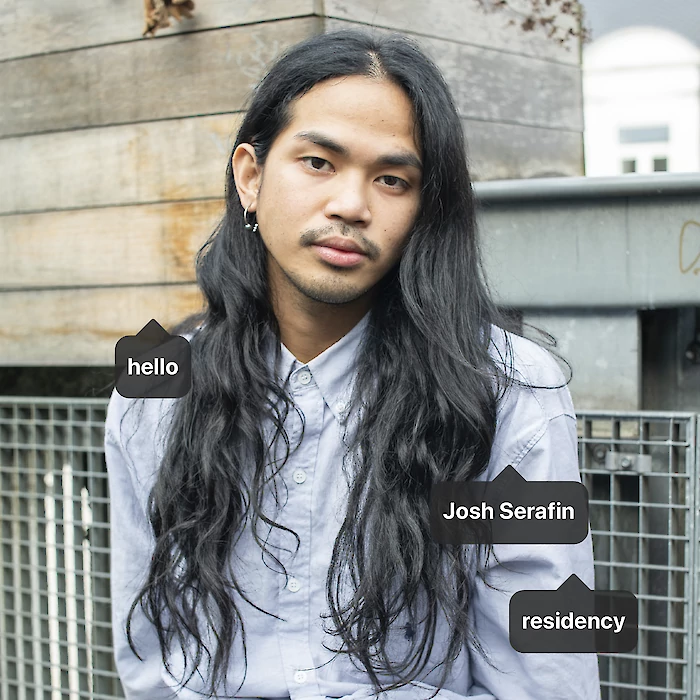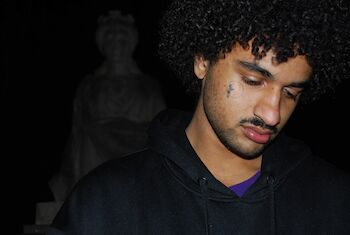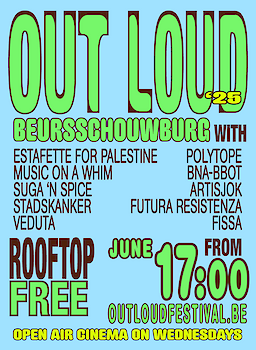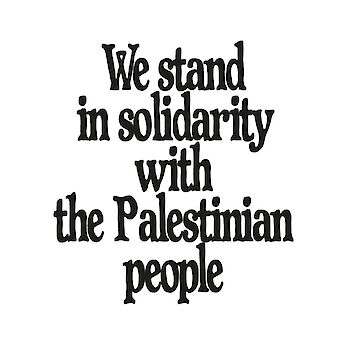In the Philippines, transgender beauty pageants are big business. Joshua uses choreography to explore what this (sub)culture can teach us about gender, identity, beauty politics, and hidden colonial pasts.
Joshua Serafin is a multi-disciplinary artist that combines, dance, performance, visual arts and choreography born in the Philippines. He is currently based in Brussels. He is a graduate of Philippine High School for the Arts where he majored in Theatre Arts. He studied at Hong Kong Academy for Performing Arts with a major in contemporary dance and recently graduated from P.A.R.T.S. He is currently taking his Masters in Fine Arts in Visual Arts in KASK School of the Arts Ghent.
He has collaborated with multiple artists in Asia and Europe ranging from performance to visual arts such as Arco Renz, Eisa Jocson, Manuel Pelmus, Bruno Isacović, Ming Wong, Adrian Wong, Choy Ka Fai, Leeroy New, Korakrit Arunanondchai, and Anne Teresa de Keersmaeker, and etc. He has presented his work in Deltebre Dansa in Spain, Queer Zagreb Croatia, Centre National de la Danse in Paris, Wing Platform Hong Kong and Bouge B Festival in deSingel.
His works currently deals with questions about identity, transmigration, queer politics and representation, states of being and ways of inhabiting the body. He is also interested in the duality between the physical form and its representation manifested through the alter identity he created called “Void”.
During their residency at Beursschouwburg, Josh Serafin and team did further research and development in regards to his newest performance. “Miss” unpacks codes of representation and performativity found in the more established world of transgender beauty pageantry in the Philippines, and by looking closer to the rigor and choreography in subculture and rural pageantry; where queerness explodes any fixed categorization of femininity and fantasy.
As an entry point the performance focuses on the small-makeshift and big scale gay pageant competition happening in both in urban and rural Philippines. These pageantry has become a platform for the LGBTQI community to showcase and express their talent, skills, intelligence, and showcase their body into a “passable” woman figure, an embodiment of a generic beauty standard from the west. These pageantry also becomes a platform for economical betterment. The backlash of these competitions are putting gay/trans individual as a spectacle to the public by objectifying themselves as a form of entertainment . The work explores the specificity of qualities, structure, discourses and aesthetic of Filipino gay pageants, but also in relation to the global politics of beauty standards and finding what it means to be a woman.
Photo © Lyse Ishimwe






